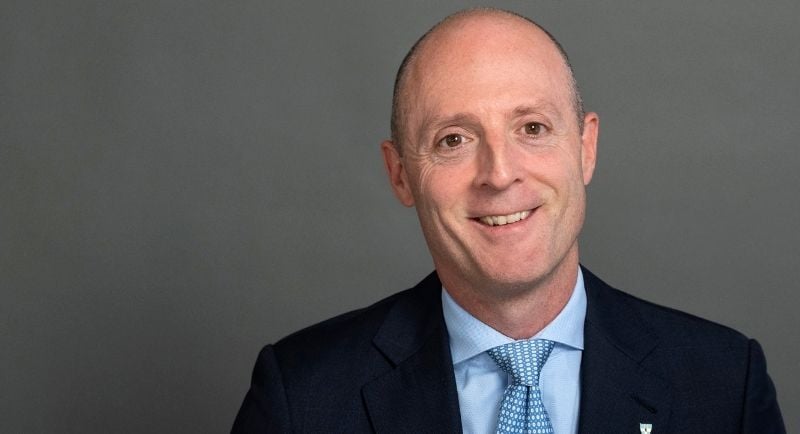By Geoff Clarke, COO of IPG Mediabrands Australia
The art of pitching new business may look and feel differently today to what it was 30 years ago, but at its core, it remains one of the most demanding, high stakes ‘game’ in our industry.
While technology has changed the way agencies operate—driving greater agility, sharper commercial modelling and more sophisticated strategic thinking—the fundamentals haven’t changed: long hours, personal sacrifice, powerful storytelling, and smart, results-driven creative ideas.
What has changed is the process. It’s now longer, more commoditised, and often riddled with irrelevant questions, opaque intentions, and an alarming expectation that agencies give away IP for free. In many cases, we’re pitching to procurement-led processes that reduce valuable strategic thinking to a spreadsheet exercise, while still being expected to impress creatively.
The value exchange needs a reset.
Agencies are increasingly expected to deliver full-blown strategic frameworks and campaign platforms—sometimes across multiple briefs—without any guarantee of partnership, let alone compensation. The industry must do better at protecting its IP and shifting the narrative from price to strategic impact. Clients should be investing in the process too, recognising that not all thinking is equal, and not all agencies are interchangeable.
And let’s not forget that winning the business is just the beginning. Too often, the transition between agencies is treated as an afterthought, yet in my view is the most critical moment in setting the tone for long-term success. A thoughtful, well-resourced “Transition-In” plan—with clear leadership and structure—should be part of every agency’s new business playbook.
So, after more than 3 decades in the business, here are my top 10 tips for those starting in an agency growth role – or thinking they need a refresher course:
Human connection: Winning isn’t just about smarts or charisma. It’s about forging real, meaningful human connections with the client.
Make it count: First impressions matter. Make every interaction with the client count. There are no second chances.
Accept nothing but the very best: Consistency is key. A well-defined new business process, with everyone understanding their role and contribution, is vital.
Strong culture: Team cohesion is essential. You need a team that understands each other’s strengths and weaknesses and supports each other through a pressurised process.
Act immediately: Your success is often determined in the first 72 hours after receiving the client’s RFP. Get organised and chart your path to success immediately.
Tick tock time is your enemy: Be mindful of time and objectives. From day one, you’re under pressure to deliver a lot in too little time. Guide don’t control. Let your team shine.
The show: Adapt your strategy based on whether it’s a “home” or “away” game. For “away” games, meticulous planning is crucial. Visit the client’s office in advance, measure the room, take photos, and review the technology. Reduce “Game Day” nerves by preparing your team.
Think again: When you think you’re done, think again. Review everything from a different angle. Get others to check, challenge, and suggest changes, but don’t change things just for the sake of it.
Night before: The night before should be organised, not chaotic. Get everything done, no matter how late. As a leader, ensure the pitch team is relaxed and ready to deliver.
Game Day – 1%’ers: On “Game Day,” focus on the small details. As the leader, arrive first and ensure everything is perfect.
Winning new business is a complex and demanding endeavour, and agencies must be vigilant in protecting their intellectual property. While the landscape has evolved, the fundamentals of human connection, strategic thinking, and flawless execution remain paramount. By embracing these principles, prioritising a seamless transition process, and advocating for fair treatment and recognition of their IP, agencies can increase their chances of sustainable, long-term success in this high stake arena.
Good luck!
Top image: Geoff Clarke

